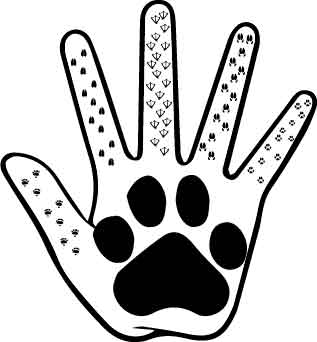Philosophy professors present on animal ethics
Speciesism and ethical impacts examined during recent faculty forum
The College of Liberal Arts and Education held a faculty forum series on animal ethics. Philosophy professors Dr. Yi Tong and Dr. Shane Drefcinski discussed and responded to the theories of animal ethics from a utilitarian prospective.
The discussion started off with utilitarianism as an ethical theory, then proceeded into a discussion of Peter Singer’s theories on animal ethics.
Singer is an Australian moral philosopher, and he is a professor of bioethics at Princeton University and a Laureate Professor at the Centre for Applied Philosophy and Public Ethics at the University of Melbourne. Singer is famous for publishing a book called Animal Liberation. In this book, Singer blames the cause of animal abuse on “Speciesism.” Speciesism is the idea of only concerning the welfare and rights of one own’s species above all others. Singer goes into depth on how many animals can feel pain and sufferring and suggests veganism as an alternative because all suffering is equal.
“If a being suffers, there can be no justification for refusing to take that suffering into consideration,” Singer said.
An issue with this argument, since all animals feel pain when used for food, is that humans should not only find an alternative for food sources but should also solve the issue of pain inflected by other animals. The issue is if humans help protect animals from other animals it can throw off the natural food chain, which could cause a drastic change in our ecosystem. Also, if we protect one species from another, it could harm the hunter because they will not have a food source.
Singer’s book has sparked awareness for animal rights and has influenced individuals to convert to veganism. Animal Liberation has been widely read by moral philosophers. People now view speciesism on the same level as racism because it is considered a prejudice to other animals.
Questions were taken at the end of the discussion Several individuals discussed moral dilemmas of the cruel, yet efficient, slaughter houses. An audience member mentioned that it is humane because they kill animals in a “quick” and non-cruel manner. Tong countered that argument by saying what one being thinks is the best way to kill an animal can be seen as awful by another because the animal is still being killed.





